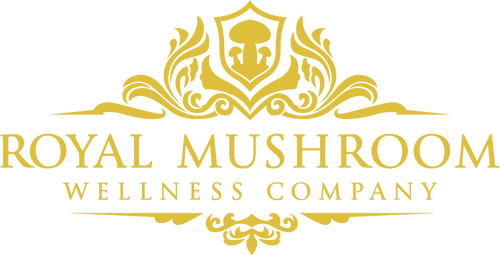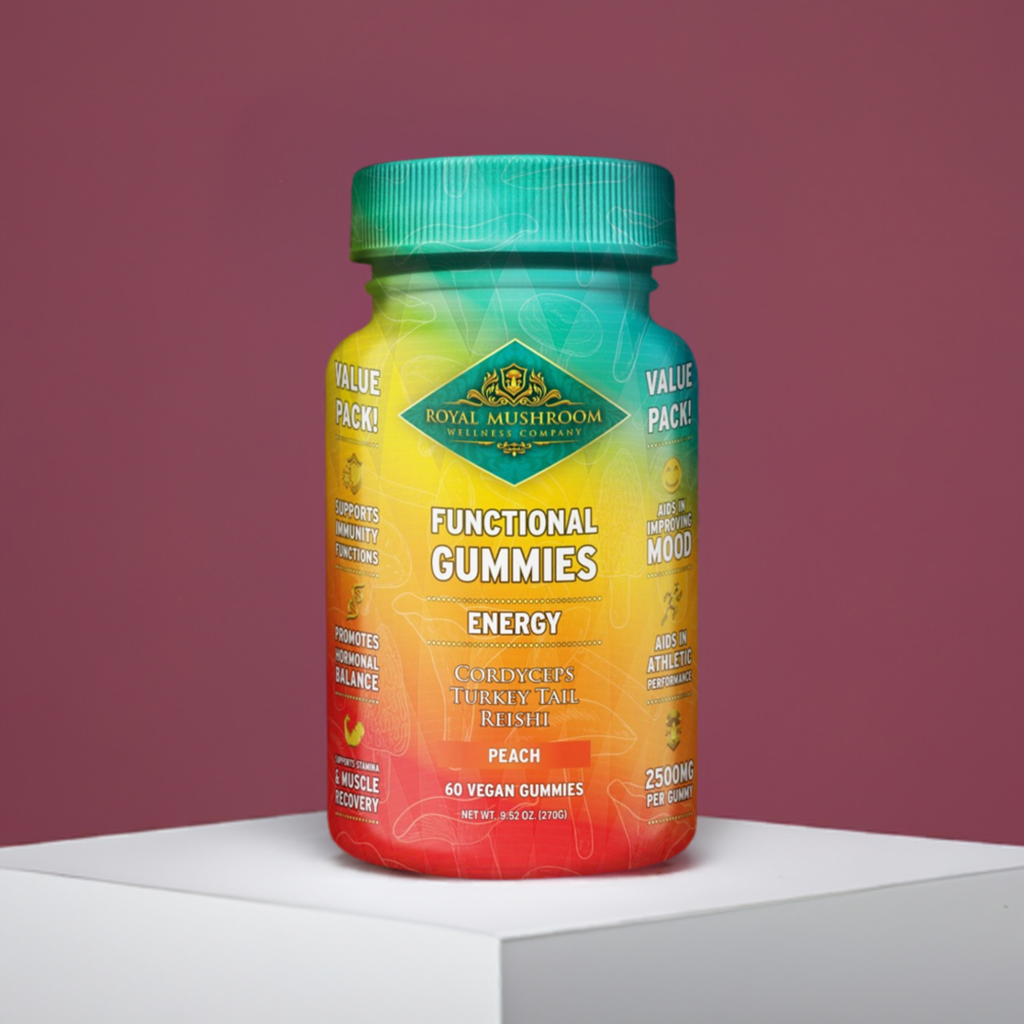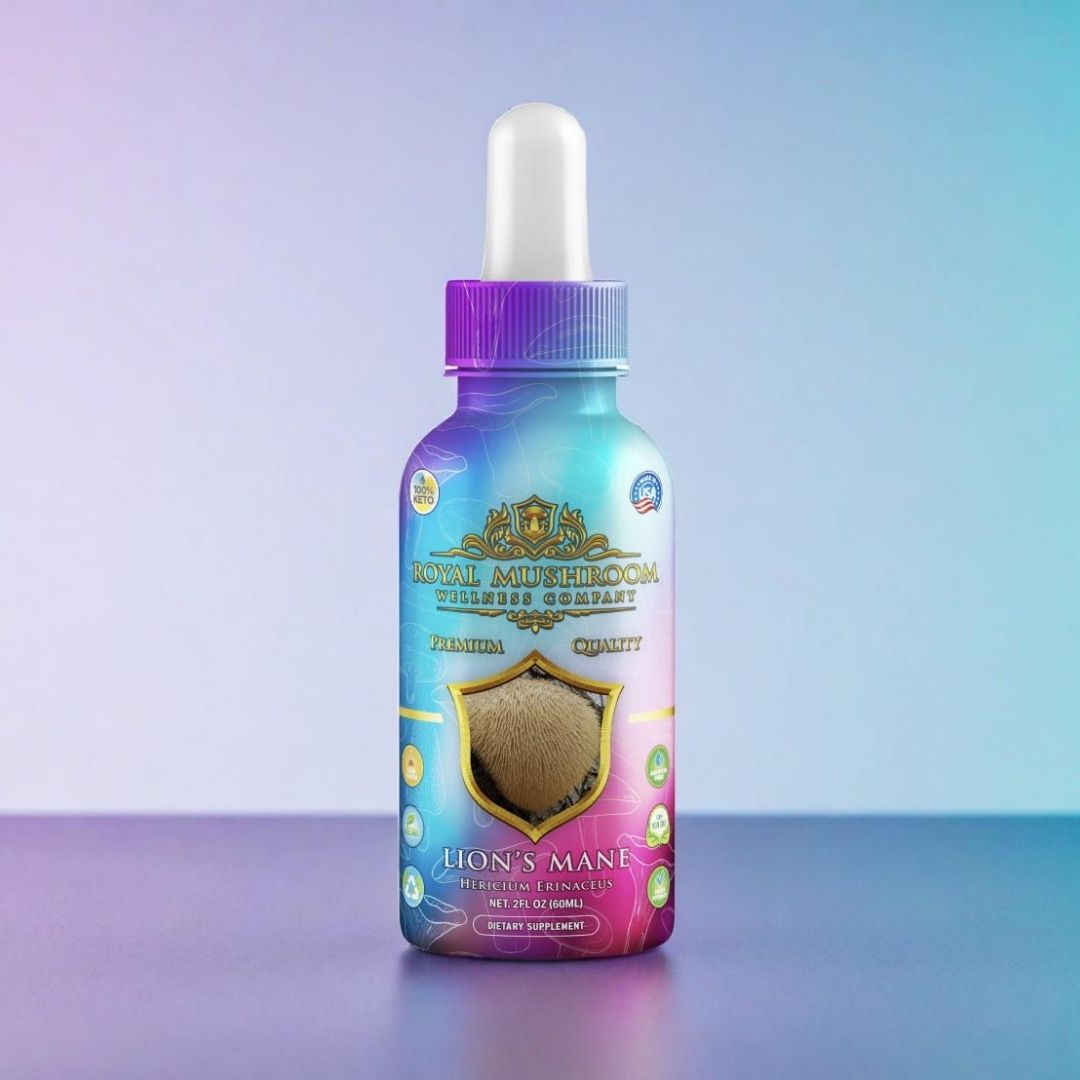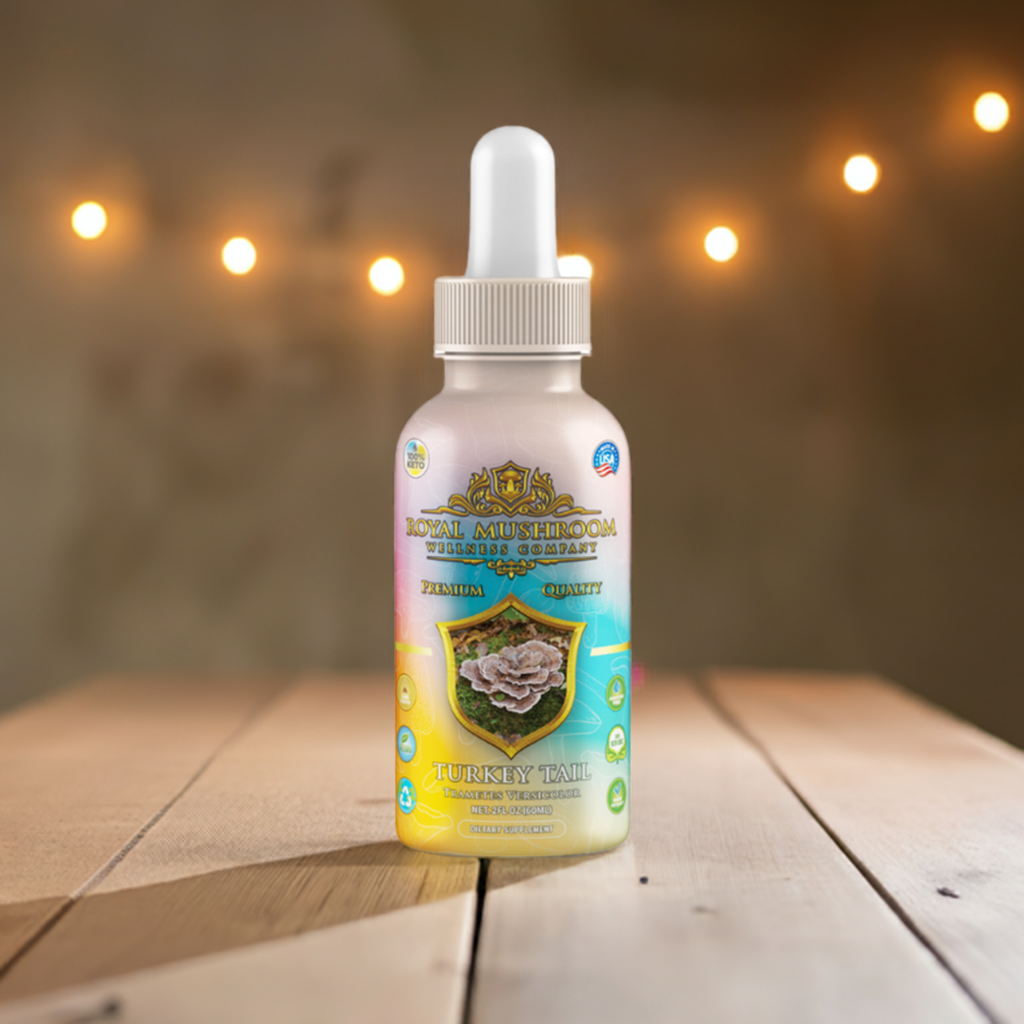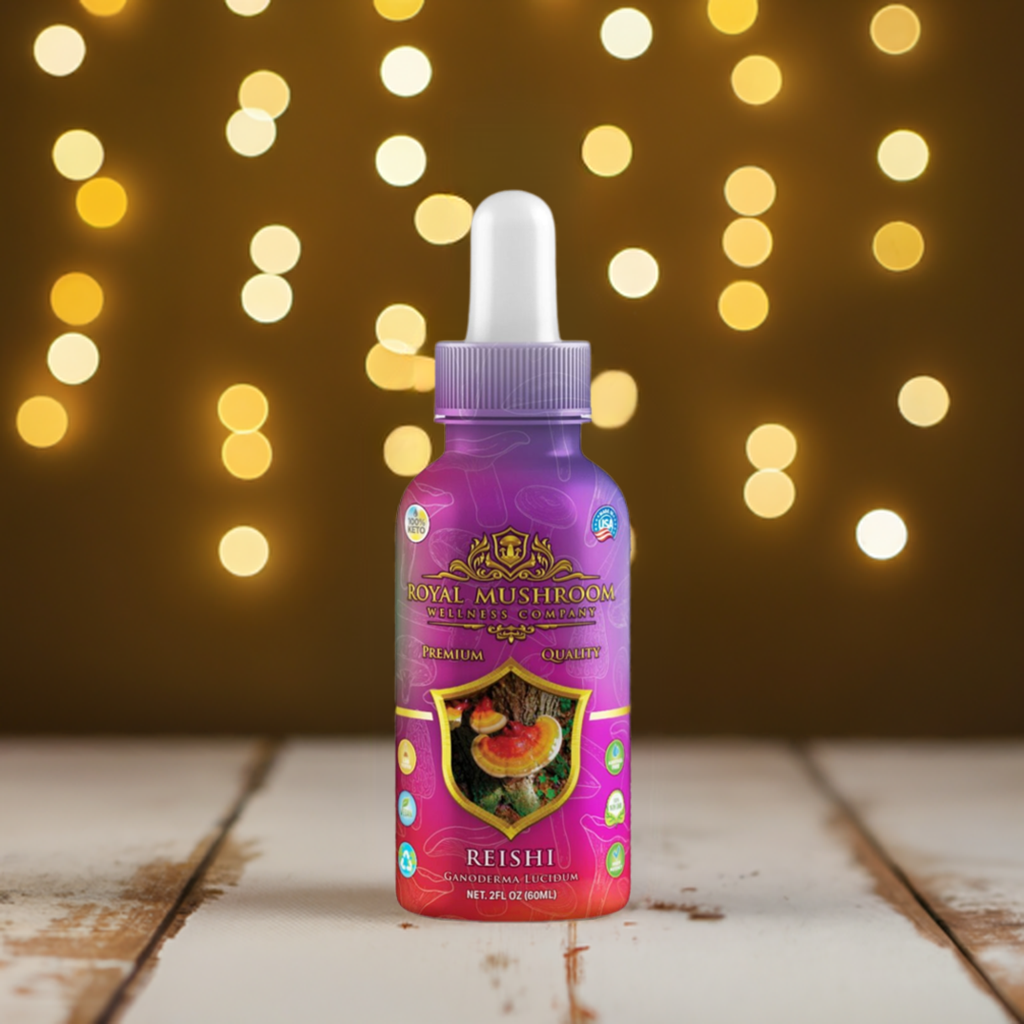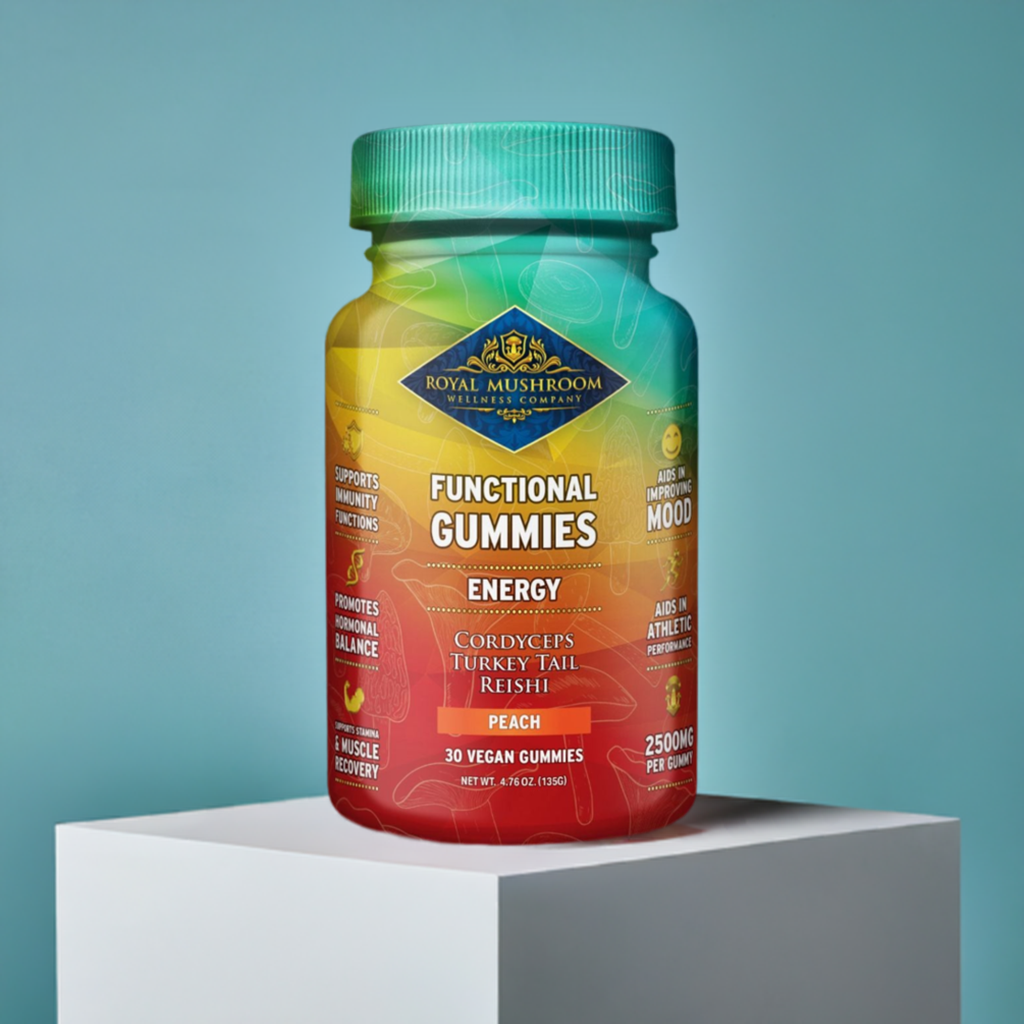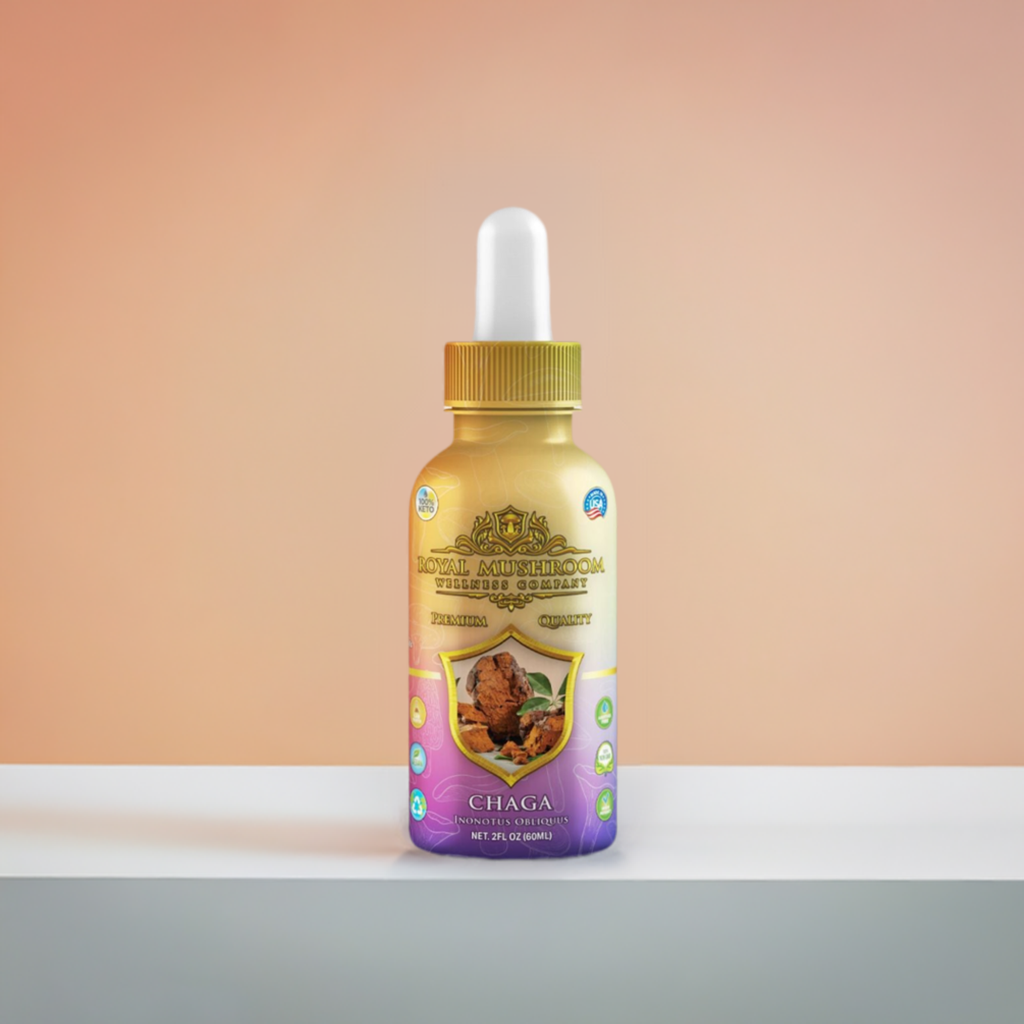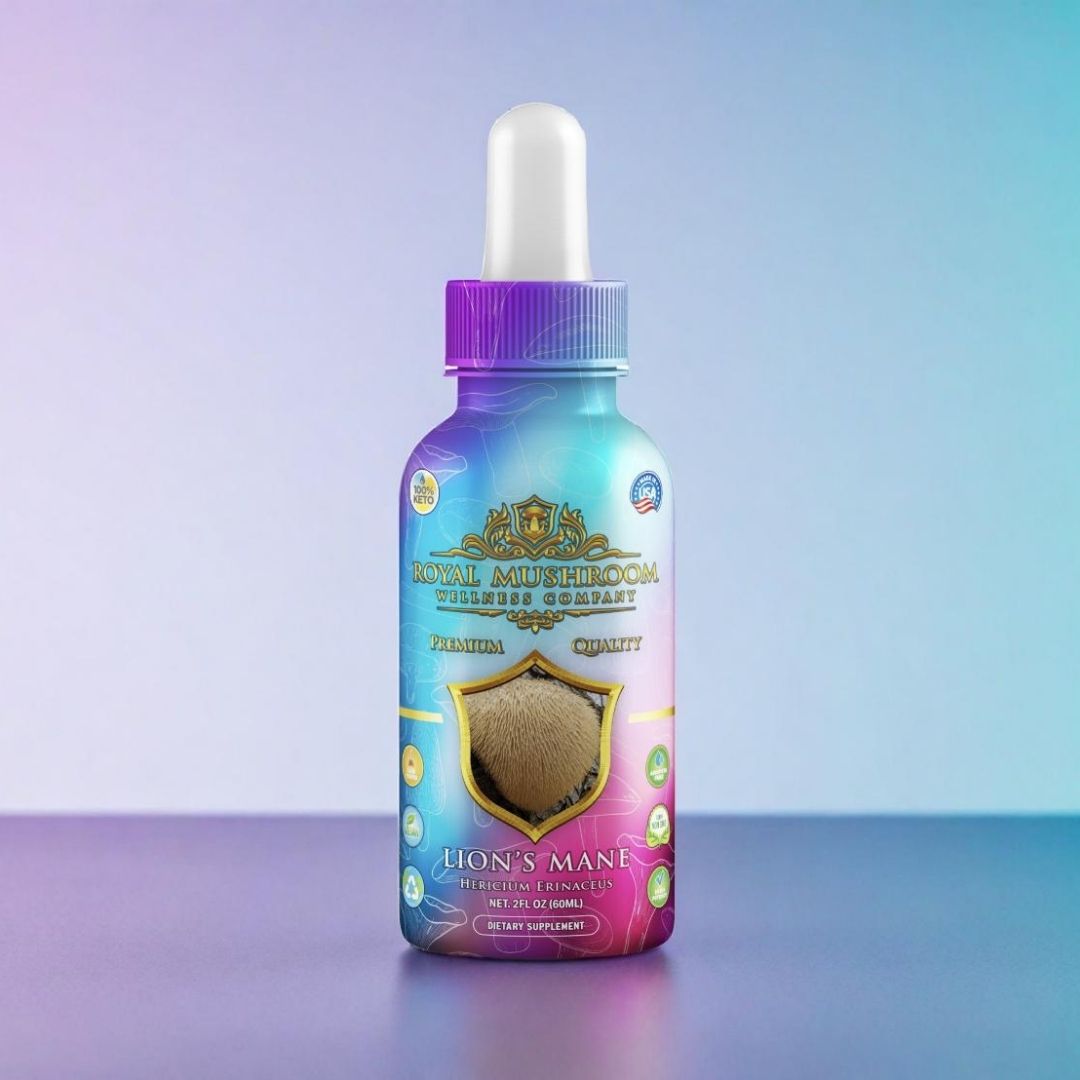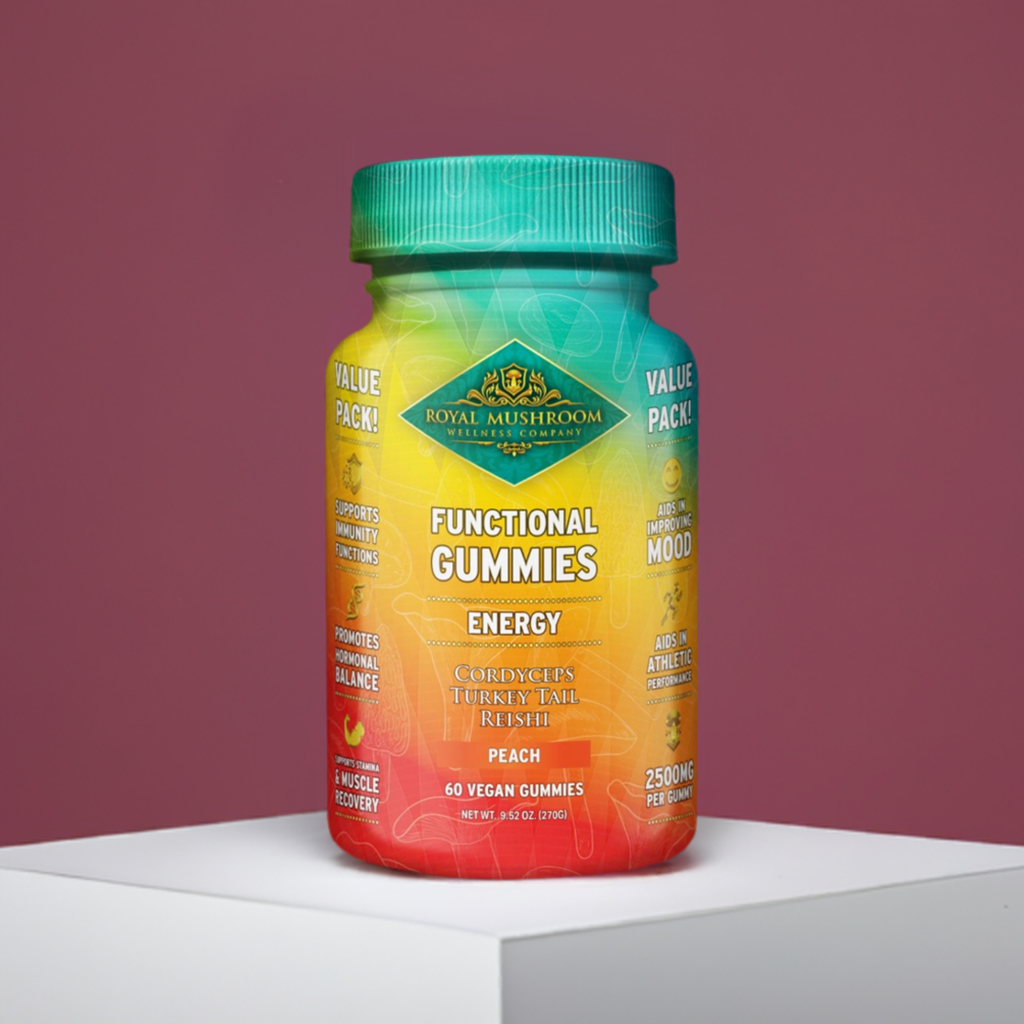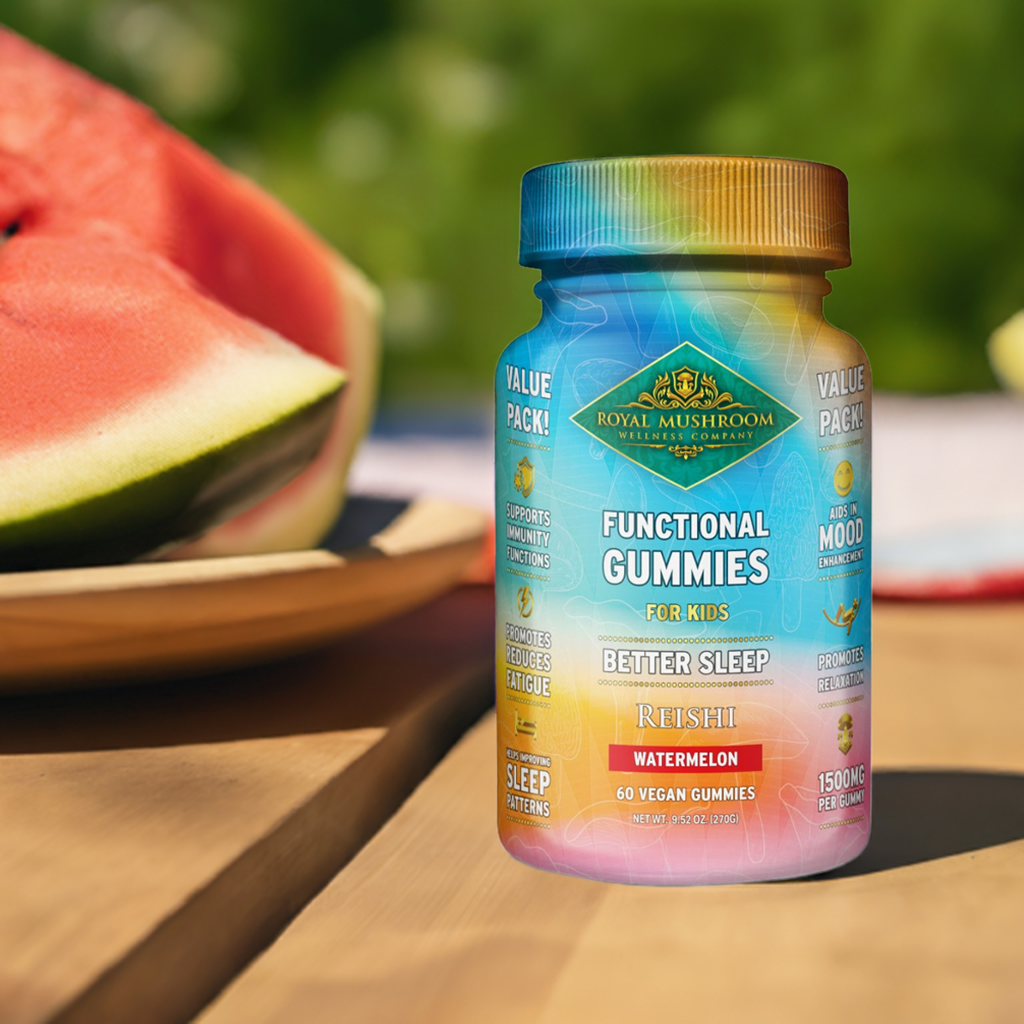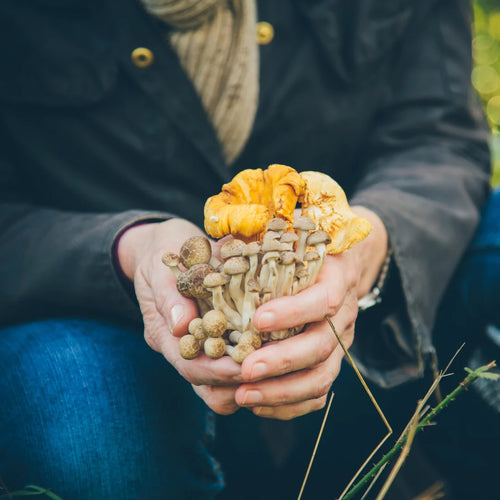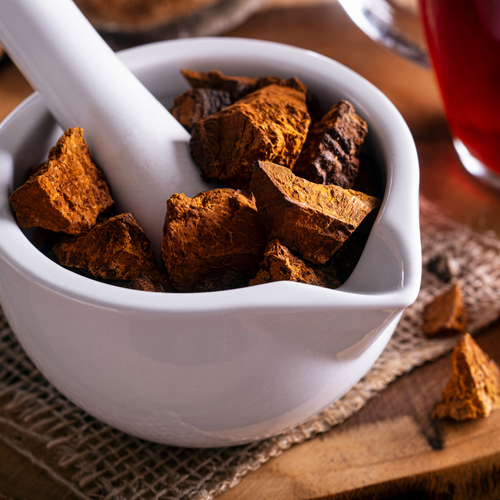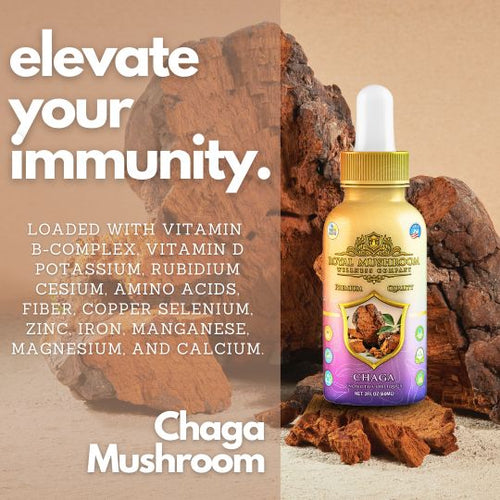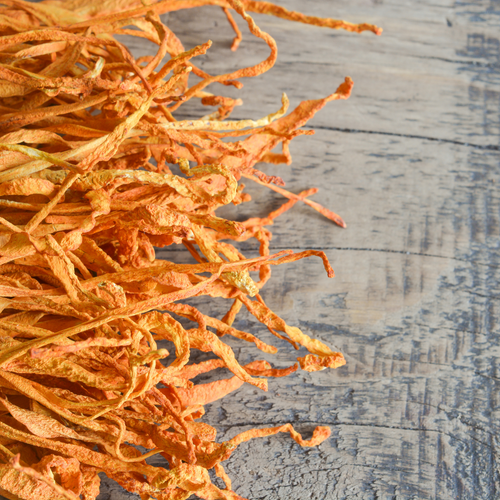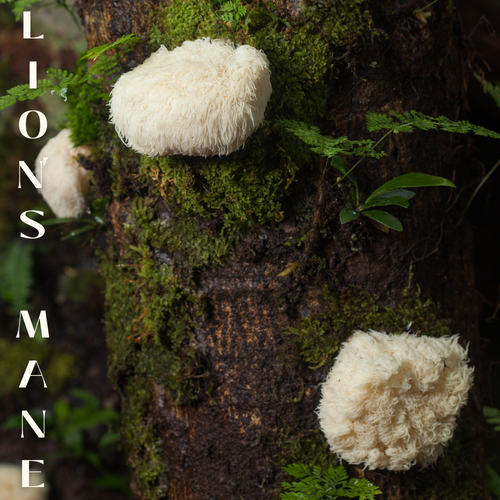How Mushroom Supplements Can Boost Your Immune System
Mushroom supplements are gaining attention for their potential to boost immune health. This trend is not surprising, given that many medicinal mushrooms have been used for centuries in traditional medicine for their immune-boosting properties. This comprehensive guide explores the benefits of mushroom supplements, the best mushrooms for immune health, and how you can incorporate them into your daily routine.
Best Mushrooms for Immune Health
Certain mushrooms stand out for their unique properties and high content of bioactive compounds that support the immune system. Here are some of the best mushrooms for immunity:
- Reishi Mushrooms: Known as the "mushroom of immortality," reishi is prized for its immune-boosting and stress-reducing properties. Studies suggest that reishi mushrooms can modulate the immune system and help fight infections .
- Turkey Tail Mushrooms: Turkey tail is rich in polysaccharides, particularly beta-glucans, which are known to support immune function. Clinical studies have shown that turkey tail mushrooms can improve the immune response in cancer patients .
- Chaga Mushrooms: Chaga is packed with antioxidants and is believed to enhance the immune system. It's often used to support the body's defense against illnesses and oxidative stress.
- Lion's Mane Mushrooms: While primarily known for its nootropic effects, lion's mane also contains compounds that can stimulate the production of nerve growth factor and may support a healthy immune system.
- Shiitake Mushrooms: Shiitake is a common culinary mushroom with immune-boosting properties. It's rich in polysaccharides and has been shown to enhance immune response .
How to Incorporate Mushroom Supplements into Your Routine
Mushroom supplements are versatile and come in various forms, making it easy to incorporate them into your daily routine. Here's a list of common ways to take mushroom supplements:
- Capsules and Tablets: This is a convenient option for those who prefer a measured dosage. Capsules can contain powdered mushroom extracts or whole mushroom powder.
- Tinctures and Liquid Extracts: Tinctures are concentrated extracts of medicinal mushrooms, allowing for easy and quick absorption. You can add them to beverages or take them directly.
- Powders: Mushroom powders can be mixed into smoothies, coffee, or teas. This method allows for flexibility in dosage and can be an enjoyable way to consume mushrooms.
- Tea and Coffee Blends: Some mushroom supplements come in tea and coffee blends, providing a simple way to enjoy the benefits of mushrooms while enjoying your favorite beverage.
Determining the Right Dosage
The correct dosage for mushroom supplements depends on factors like body weight, the condition being treated, and product concentration. Here are some general tips for determining the right dosage:
- Start Low and Go Slow: Begin with a low dose, especially if you're new to mushroom supplements. Gradually increase the dosage as needed to find your optimal level.
- Follow Product Recommendations: Always check the label for dosage guidelines. Some products may have higher concentrations, requiring smaller doses.
- Consult a Healthcare Professional: If you have underlying health conditions or are taking medication, it's best to consult a healthcare professional for personalized advice.
Are Mushroom Supplements Safe for Immune Health?
Mushroom supplements are generally considered safe for most people, but it's important to be aware of potential side effects and safety concerns. Here are some factors to consider:
- Potential Side Effects: Common side effects of mushroom supplements include digestive issues, allergies, and skin rashes. If you experience any adverse reactions, discontinue use and consult a healthcare professional.
- Quality and Sourcing: Choose high-quality supplements from reputable brands. Look for products that have been third-party tested to ensure purity and potency.
- Interactions with Medications: Some mushrooms can interact with certain medications. If you're on medication, consult your doctor before taking mushroom supplements.
Mushroom supplements can play a significant role in supporting immune health and protecting against illnesses. By incorporating them into your daily routine and choosing the right dosage, you can enjoy the immune-boosting benefits of medicinal mushrooms. Whether you're interested in reishi, turkey tail, chaga, or shiitake, there's a mushroom supplement to suit your needs.
With proper guidance and responsible use, mushroom supplements can become a valuable addition to your wellness routine, contributing to a healthier and more resilient immune system.
Frequently Asked Questions (FAQ) About Mushroom Supplements for Immune Health
1. Do mushroom supplements boost the immune system?
- Yes, certain mushrooms like reishi, turkey tail, and chaga contain compounds that can enhance immune function. These compounds, such as beta-glucans and triterpenes, are known for their immune-boosting properties.
2. Which mushrooms are best for immune health?
- Reishi, turkey tail, chaga, lion's mane, and shiitake are some of the most popular mushrooms for immune health. Each has unique properties that contribute to immune support.
3. How do mushrooms enhance immune function?
- Mushrooms contain polysaccharides, particularly beta-glucans, that can stimulate the immune system. These compounds help activate immune cells, such as macrophages and natural killer cells, enhancing the body's ability to fight infections.
4. Are mushroom supplements safe for daily use?
- Mushroom supplements are generally considered safe for most people when used as directed. However, it's essential to choose high-quality products and be aware of potential side effects. If you have allergies or are on medication, consult a healthcare professional before taking mushroom supplements.
5. What are the side effects of mushroom supplements?
- Common side effects may include digestive issues, skin rashes, or allergies. In rare cases, some people may experience more severe reactions. If you notice any adverse effects, stop using the supplement and consult a healthcare professional.
6. What is the recommended dosage for mushroom supplements?
- The recommended dosage varies depending on the type of mushroom, product concentration, and individual factors like body weight. A general approach is to start with a low dose and gradually increase until you find the optimal dosage. Always follow the product's instructions or consult a healthcare professional for guidance.
7. Can mushrooms help fight infections?
- Certain mushrooms, like reishi and turkey tail, are believed to support the immune system's ability to fight infections. Studies suggest that these mushrooms can boost immune response and help the body defend against pathogens.
8. How should I incorporate mushroom supplements into my daily routine?
- Mushroom supplements come in various forms, including capsules, tinctures, powders, and teas. You can add them to your morning smoothie, take capsules with meals, or enjoy them as a tea or coffee blend. Choose the method that fits your lifestyle and preferences.
9. Are there clinical studies on mushroom supplements for immune health?
- Yes, several clinical studies have explored the benefits of mushroom supplements for immune health. Research indicates that certain mushrooms, like turkey tail and reishi, can support the immune system and have potential anti-cancer properties .
